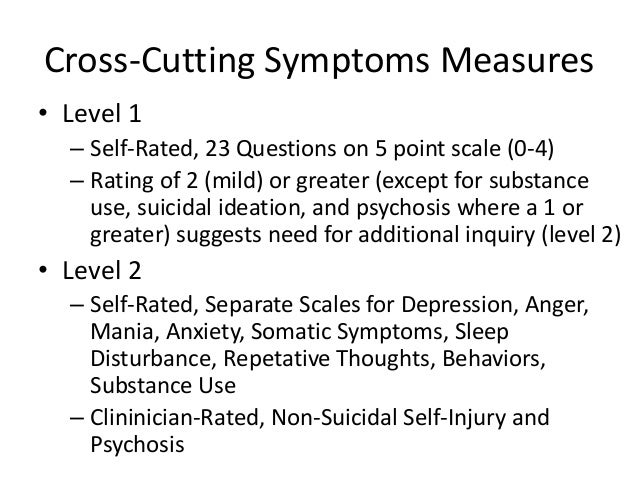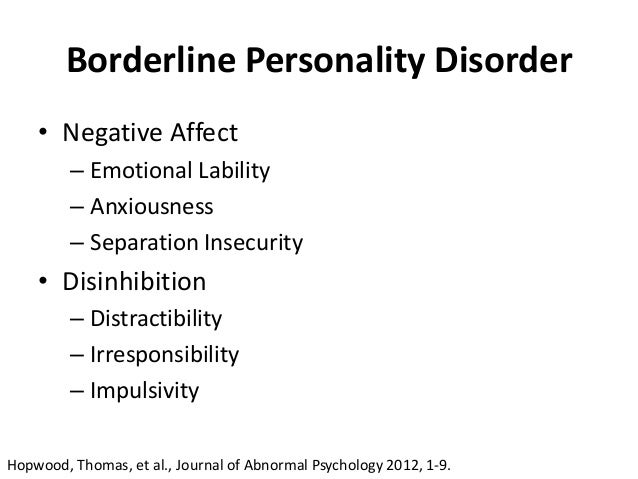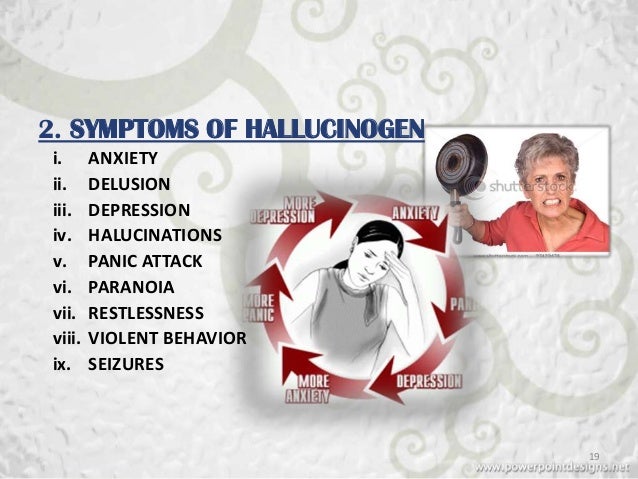When I went to teachers’ college, our psychology teacher handed us a questionnaire on priorities. It went something like this:
Priorities QuestionnaireBelow is a list of common priorities. Completing this questionnaire will help us to see what the most important things in our life are. Please number them from 1 to 12, ‘1’ assigning the number 1 to the priority which means the most to you at the moment, and 12 to the one which means the least. Note that there are no right or wrong answers.
__Job Security
__Financial Prosperity
__Being Happy
__Excitement/Adventure
__Famous
__Health
__God
__Great Food
__Recreational Hobbies & Interests
__Positive Self-Concept
__Romance
__Family
Of the twenty-five students in my class, twenty-three of them chose ‘Being Happy’ as their highest priority. One other student and I, both Christians, chose ‘God’ instead.
Western society has become obsessed with the pursuit of happiness. You only need to browse online booksellers such as Amazon.com to see that a staggering number of books have been written about how to be happy. Yet hand-in-hand with this obsession with happiness is an increase in the number of people suffering from depression. Billboards and radio-advertisements claim that one in four people have suffered or will suffer from depression.
Why can the goal of being happy as highest priority cause problems?
Happiness is a wonderful emotion and I treasure it as much as anyone does. However, happiness was never meant to be our highest priority. Why? Because happiness is completely dependent upon our circumstances. When things go our way, when we feel in control of our lives, when intense or prolonged suffering is absent, we feel happy. Yet when things spiral out of control, when things do not go our way, when persistent trials afflict us, happiness vanishes. Suddenly we are faced with the ugly situation of having a life goal that is constantly being frustrated.
So what should our highest priority be?
But seek first his kingdom and his righteousness, and all these things will be given to you as well. Matthew 6:33 ‘These things’ refers to health, food and clothes, that is, the things we need.
Seeking first God, His Kingdom and His righteousness, should be our highest priority.
Let us take a moment to examine the fruit of the Holy Spirit, which He seeks to develop within the lives of Christians.
But the fruit of the Spirit is love, joy, peace, patience, kindness, goodness, faithfulness, gentleness and self-control. Galatians 5:22-23.
As we can see, happiness is not listed as one of the nine fruits of the Holy Spirit, whereas joy is. Unlike happiness, joy is not dependent upon our circumstances.
Joy runs much deeper than happiness, and springs forth from our relationship with God, from the knowledge that through Christ, God has saved us from sin so that we can spend eternity with Him in heaven.
Restore to me the joy of your salvation and grant me a willing spirit, to sustain me. Psalm 51:12
Come, let us sing for joy to the LORD; let us shout aloud to the Rock of our salvation. Psalm 95:1
We also need to keep things in perspective. This human life is not all we have - it is not all about eating, drinking, and material possessions. It is not about, “Let us eat, drink and be merry, for tomorrow we die.”
For the kingdom of God is not a matter of eating and drinking, but of righteousness, peace and joy in the Holy Spirit, Romans 14:17
The fact is that Christians are travellers passing through this world on the way to eternal life in heaven.
But our citizenship is in heaven. And we eagerly await a Savior from there, the Lord Jesus Christ, Philippians 3:20
They are not of the world, even as I am not of it. John 17:16
Dear friends, I urge you, as aliens and strangers in the world, to abstain from sinful desires, which war against your soul. 1 Peter 2:11
The knowledge that my trials, such as epilepsy and deafness, are only temporary fills me with joy. What a wondrous hope those who trust in Jesus have – that one day we shall spend eternity in heaven, where we can see the face of God and Jesus everyday, a perfect place filled with love, joy and peace. We shall also have a brand new body that is perfect in every way.
When I consider the unimaginable, eternal riches that await us in heaven, the temporary trials we endure on the earth fade into insignificance.
'Now if we are children, then we are heirs—heirs of God and co-heirs with Christ, if indeed we share in his sufferings in order that we may also share in his glory. I consider that our present sufferings are not worth comparing with the glory that will be revealed in us.' Romans 8:17-18
Let us look at Christ’s example. He willing endured the shame and agony of the cross because of the joy that was set before Him. That joy was to spend eternity with those who would believe in Him and follow Him as Lord.
Let us fix our eyes on Jesus, the author and perfecter of our faith, who for the joy set before him endured the cross, scorning its shame, and sat down at the right hand of the throne of God. Hebrews 12:2
He died for us so that, whether we are awake (on earth) or asleep (in heaven), we may live together with him. 1 Thessalonians 5:10
Through Christ’s strength and the power of the Holy Spirit, we can do the same. We too can endure trials because of the joy that is set before us - eternity in heaven with Him.
Rather than lamenting when things do not go our way, the Bible says to praise God in all and every circumstance.
Be joyful always; pray continually; give thanks in all circumstances, for this is God's will for you in Christ Jesus. 1 Thessalonians 5:16-18
The Bible also says to consider it pure joy when undergoing trials of many kinds, as these trials help us to mature and grow in our faith.
Consider it pure joy, my brothers, whenever you face trials of many kinds, because you know that the testing of your faith develops perseverance. Perseverance must finish its work so that you may be mature and complete, not lacking anything.’ James 1:2-4
Paul tells us of the many trials he endured.
I have worked much harder, been in prison more frequently, been flogged more severely, and been exposed to death again and again. Five times I received from the Jews the forty lashes minus one. Three times I was beaten with rods, once I was stoned, three times I was shipwrecked, I spent a night and a day in the open sea, I have been constantly on the move. I have been in danger from rivers, in danger from bandits, in danger from my own countrymen, in danger from Gentiles; in danger in the city, in danger in the country, in danger at sea; and in danger from false brothers. I have labored and toiled and have often gone without sleep; I have known hunger and thirst and have often gone without food; I have been cold and naked. 2 Corinthians 11:23-27
How did Paul respond to these trials? Did he worry, grumble, or blame God?
No, he relied upon Christ’s strength instead of upon his own.
Therefore I will boast all the more gladly about my weaknesses, so that Christ's power may rest on me. 2 Corinthians 12:9
He learned to be content whatever his circumstances.
Philippians 4:12-13
‘I know what it is to be in need, and I know what it is to have plenty. I have learned the secret of being content in any and every situation, whether well fed or hungry, whether living in plenty or in want. I can do everything through him who gives me strength.’ More Bible Verses about JoyWe receive joy from meditating upon God’s word and His wonderful promises.
The precepts of the LORD are right, giving joy to the heart. The commands of the LORD are radiant, giving light to the eyes. Psalm 19:8
Being able to take refuge in the Lord during the storms of life also gives us joy.
But let all who take refuge in you be glad; let them ever sing for joy. Spread your protection over them, that those who love your name may rejoice in you. Psalm 5:11
Knowing that the Lord gives us strength fills us with joy.
The LORD is my strength and my shield; my heart trusts in him, and I am helped. My heart leaps for joy and I will give thanks to him in song. Psalm 28:7
Whereas happiness flees when the going gets tough, the joy of the Lord sustains us during difficult times.
Do not grieve, for the joy of the LORD is your strength." Nehemiah 8:10
Contemplating the work of God’s hands, His amazing creation, gives us joy.
For you make me glad by your deeds, O LORD; I sing for joy at the works of your hands. Psalm 92:4
In conclusion, happiness is wonderful but as it is dependent upon our circumstances, it must not be our highest priority or life goal. When our highest priority is to seek first the Kingdom of God and His righteousness, we can experience a deep joy that is not dependent upon our circumstances – it comes from our relationship with Him, from our salvation - the anticipation of eternity with Him.
All verses from the NIV.

















/about/sports-woman-hyperventilating-panic-attack-539770913-577d4a755f9b585875e7c290.jpg)







